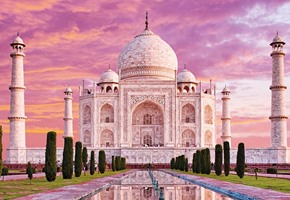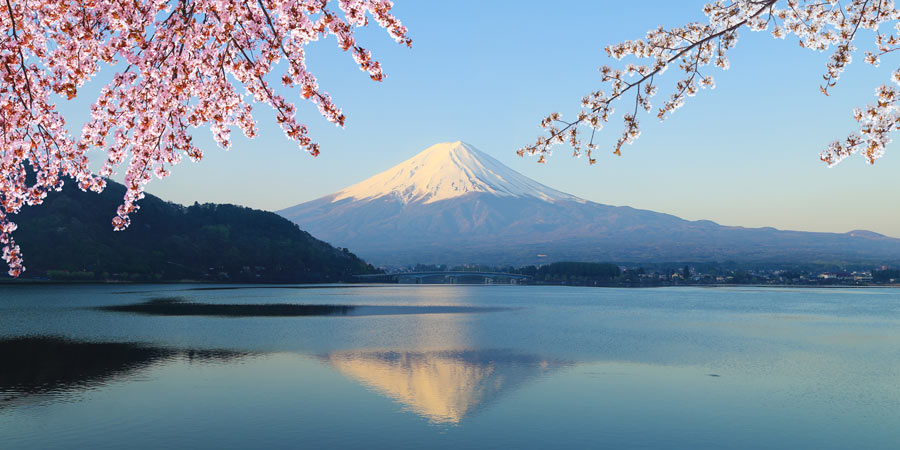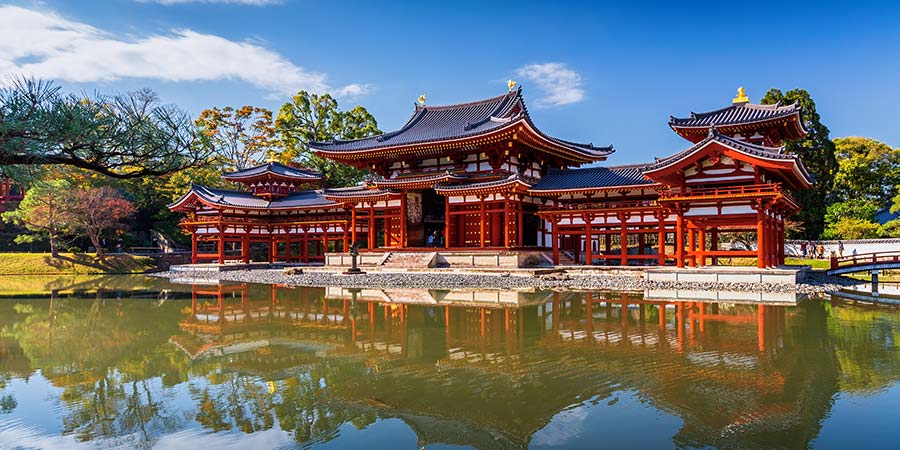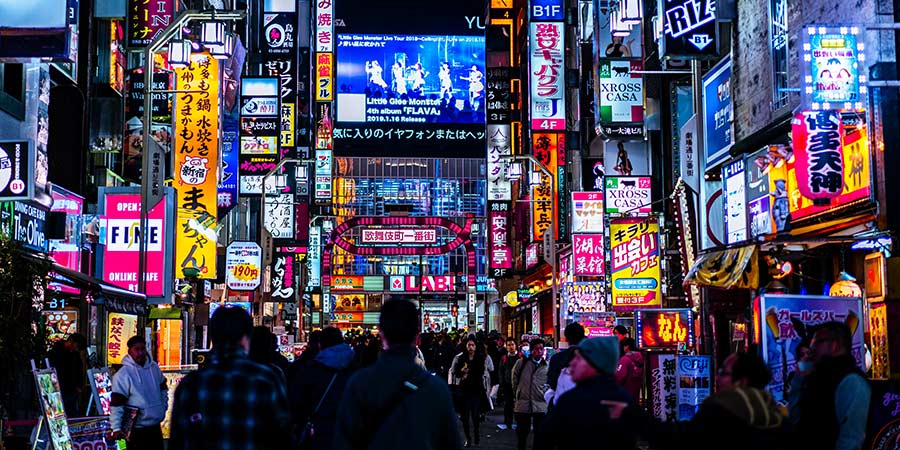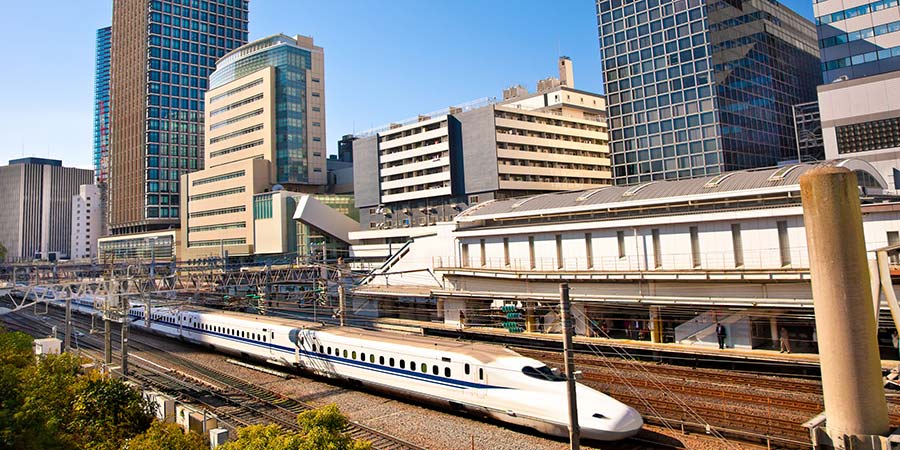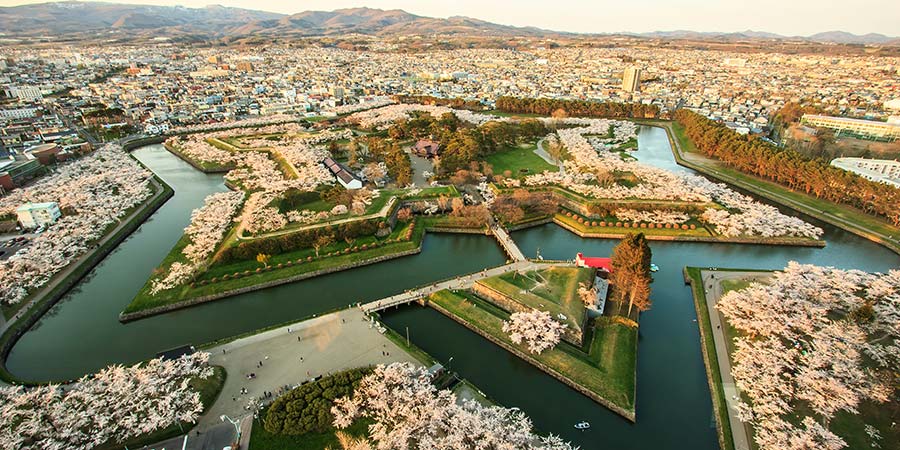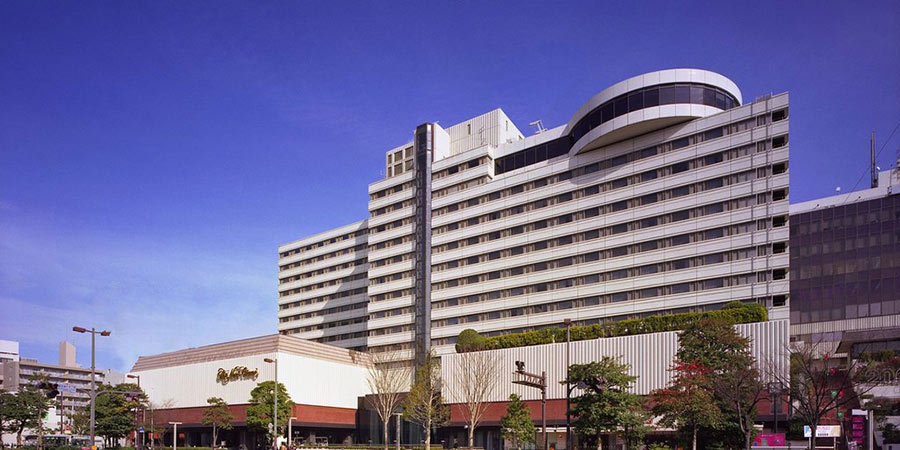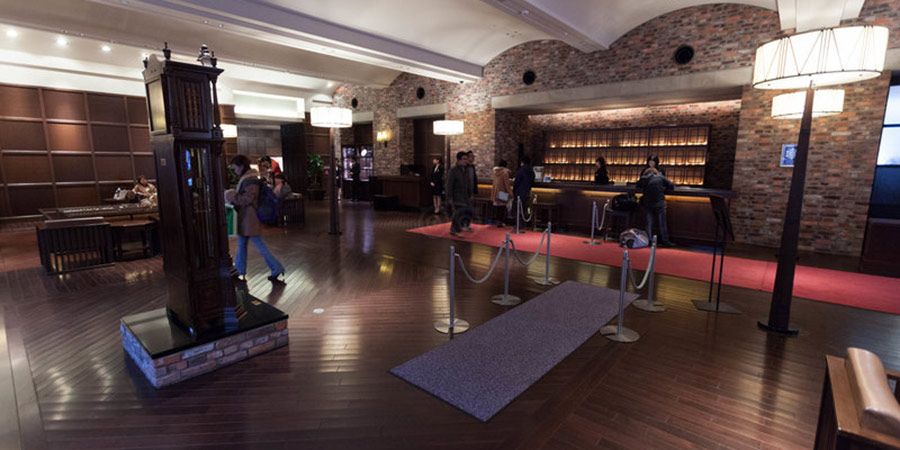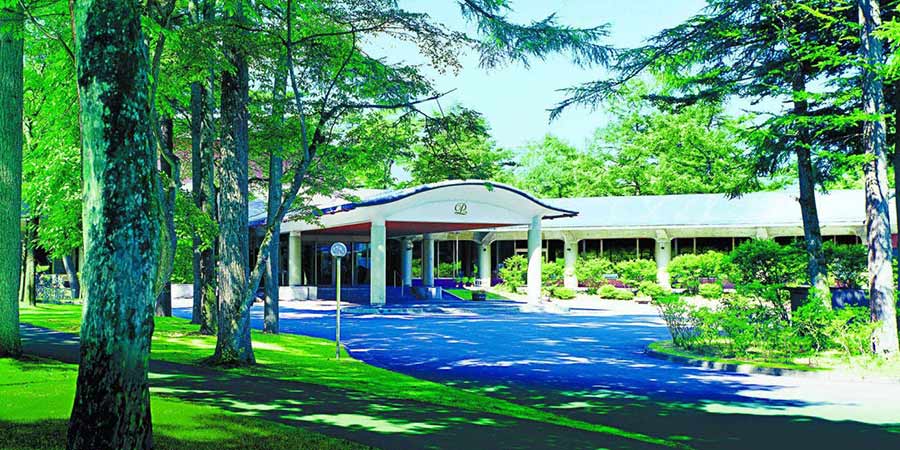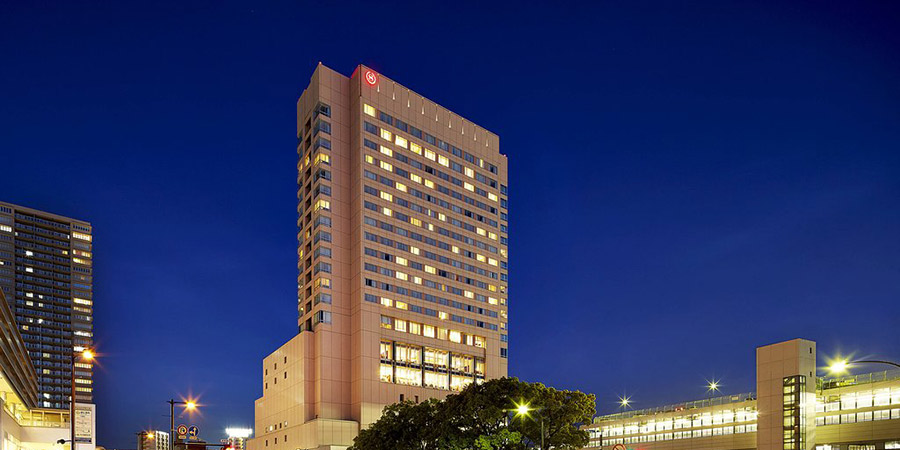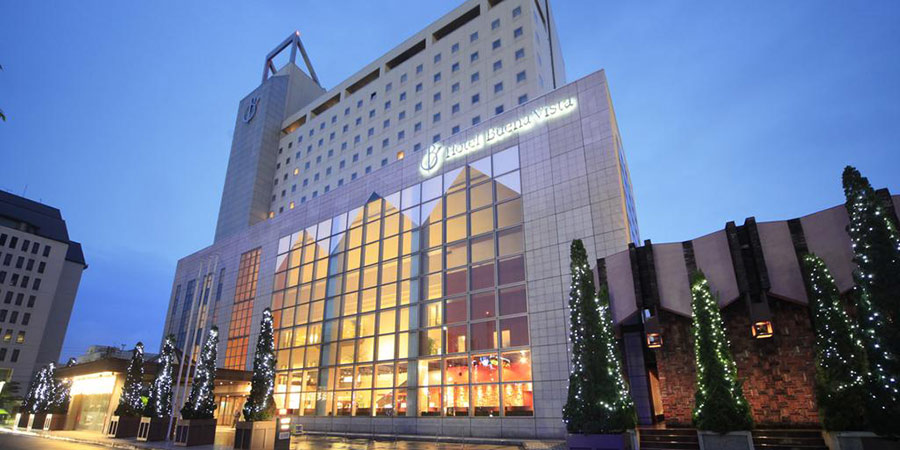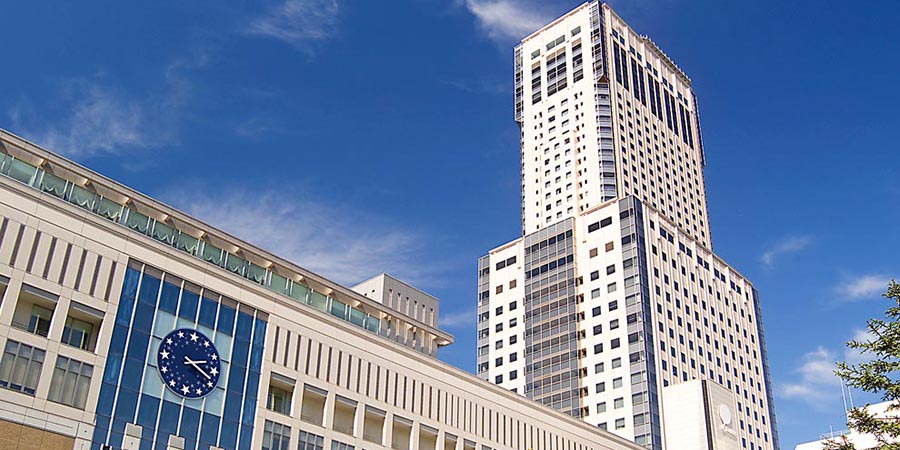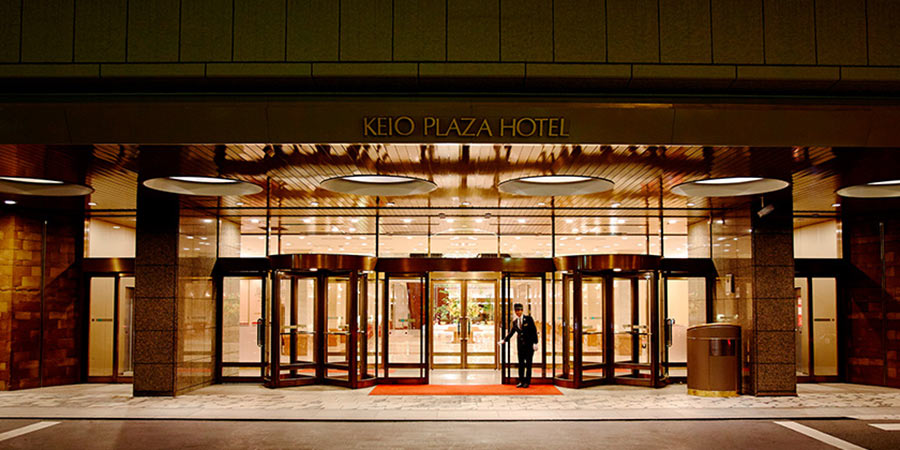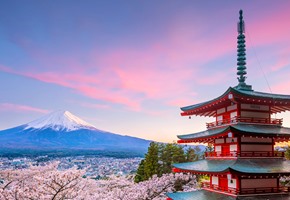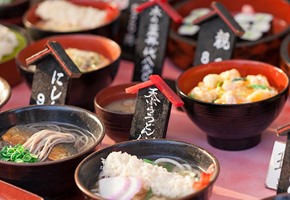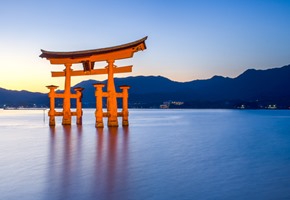Day 6 - Uncovering the charm of Tokyo on a guided tour
With our English-speaking guide, we embark on a coach tour of
Tokyo after breakfast. In stark contrast to the gleaming
skyscrapers in the background, the vast landscaped Hama Rikyu
Gardens is an oasis of calm. Maple, ginkgo and peonies gather round
sea-fed lakes on the site of a former 17th-century shogun
villa.
Next, we visit the serene Meiji Jingu. Nestled in beautiful,
forested surrounds, this dark wood Shinto shrine is dedicated to
the 19th-century emperor and his wife. Continuing to the enchanting
Senso-Ji temple in Asakusa, we uncover this symbol of Tokyo dating
from the 7th century, built to honour the Buddhist goddess of
mercy. With its sweeping, tiled roof, intricate carvings and giant
red lanterns, Senso-Ji is the epitome of Japanese Buddhist
architecture.
As if to demonstrate the incredible intertwining of the tranquil
and bustling, we travel to the famed Shibuya crossing, where up to
3,000 people at a time inundate the crossing from all directions,
and the charming memorial honouring Hachiko, renowned as Japan's
most loyal dog. This evening is free to dine at leisure.
Includes
